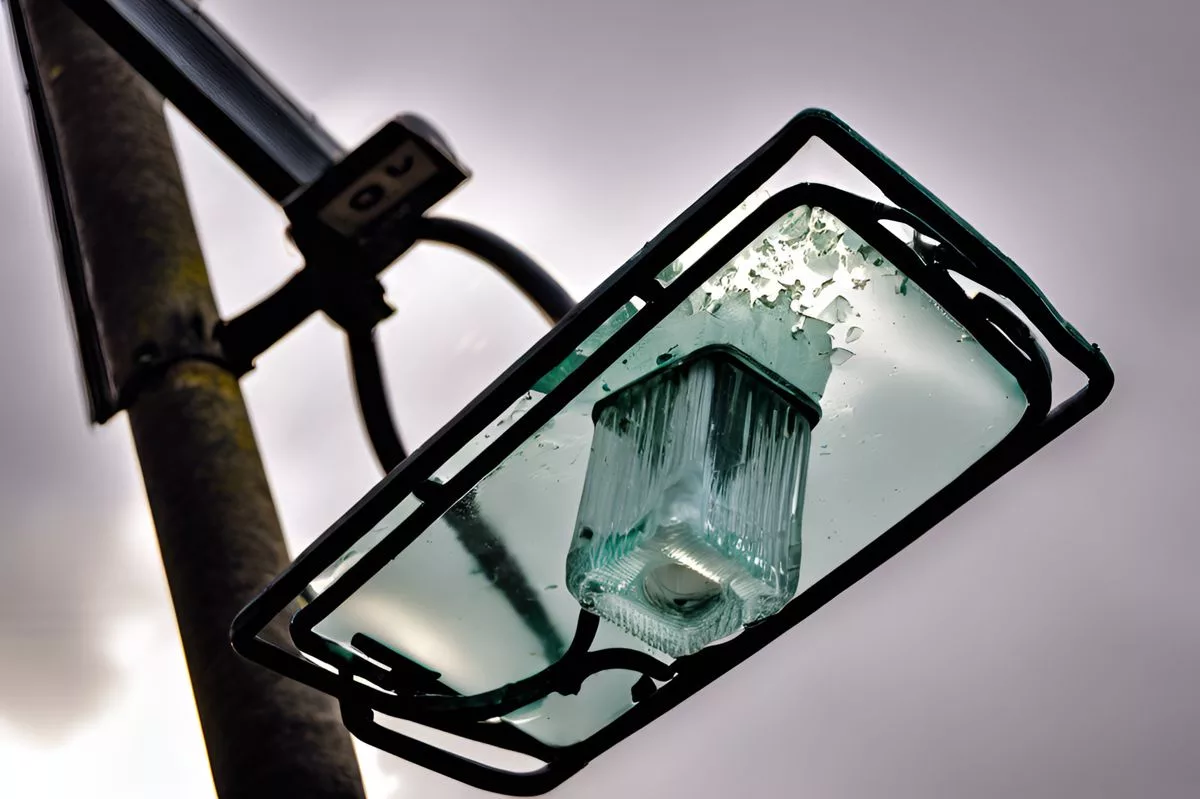Cape Town faced a serious problem in 2024 with vandalism and theft targeting its electrical infrastructure, resulting in significant financial losses. The most damaged aspect was the streetlight system, with repairs costing R4.2 million. To combat the crisis, the city launched an anonymous tip-off campaign and allocated a significant amount of money to strengthen energy safety teams. Innovative solutions, such as replacing copper materials with aluminium, are also being implemented. Despite the challenges, Cape Town remains determined to overcome this crisis through community involvement, enhanced security measures, and innovative strategies.
How did vandalism impact Cape Town’s infrastructure in 2024?
Between April and June 2024, Cape Town experienced an escalating problem of vandalism and theft targeting its electrical infrastructure, resulting in an expenditure of R7.3 million on repair initiatives and restoration efforts. The city’s streetlight system suffered the most significant damage, with repairs costing R4.2 million. To combat the crisis, the city launched an anonymous tip-off campaign and allocated R40 million to strengthen its energy safety teams. Innovative solutions, such as replacing copper materials with aluminium, are also being implemented.
A New Challenge Emerges
In the lively and dynamic African city of Cape Town, the year 2024 brought forth an unanticipated challenge that left a severe impact on the city’s infrastructure and led to substantial financial losses. During the span from April to June in that year, Cape Town found itself on the receiving end of an escalating problem of vandalism and theft targeting its electrical infrastructure. This issue led to an alarming expenditure of R7.3 million on repair initiatives and endeavours to restore the damage done.
The frequency of recorded incidents reached an all-time high during this period, with the city officials reporting 242 cases of theft and vandalism. The majority of these incidents were primarily centred around two regions: Area South and Mitchells Plain. These regions received the hardest hit of the infrastructure attacks, recording the highest number of incidents. Area South alone was responsible for a whopping 70.6% of the total reported incidents, translating to 171 cases.
The Impact on Public Infrastructure
The city’s streetlight system emerged as one of the most significant victims of this wave of destruction and theft. The repairs for the damage done to these essential city fixtures amounted to R4.2 million. This number represented a significant chunk of the total expenses incurred towards restoration.
However, the city did not just sit by and watch as the crisis unfolded. The energy teams of the city were quickly activated, responding to a staggering 5,810 requests related to streetlight issues across the metro area between July 31 and August 13. These requests were part of a larger, ongoing effort to maintain the city’s 245,000 streetlights, with the total number of requests exceeding 13,210 for the month.
Confronting the Crisis Head-On
Cape Town’s reaction to the escalating crisis was swift and resolute. Xanthea Limberg, the City’s Mayco member for energy, put out a heartfelt call for assistance from the city’s residents. Limberg called on the citizens to “stand with us to protect their power,” as part of the launch of an anonymous tip-off campaign – ‘Let’s ACT – Protect Your Power.’ The initiative was designed to encourage residents to report any suspicious activities that could be related to the theft and vandalism of the city’s infrastructure.
In a bid to combat the crisis more effectively, the city has also stepped up its on-the-ground operations. It contracted out services and strengthened its energy safety teams, allocating a sizeable R40 million to tackle the crisis. Measures were taken to increase security escorts for teams that were assigned to resolve outages caused by theft and illegal connections.
Innovative Solutions and Moving Forward
In a novel bid to curb theft, the City started replacing copper materials with aluminium wherever feasible, thus reducing the street value of the stolen goods. Other strategies being implemented include expanding underground cabling, increasing CCTV monitoring, and exploring other innovative solutions.
This challenging period in Cape Town’s history has been a testament to the city’s resilience and capacity for innovation. Despite the considerable challenges, the city continues its efforts to safeguard its infrastructure and provide a secure environment for its residents. Through a combination of community involvement, enhanced security measures, and innovative strategies, Cape Town remains determined to overcome this crisis.
1. What infrastructure challenges did Cape Town face in 2024?
Cape Town faced an escalating problem of vandalism and theft targeting its electrical infrastructure, resulting in an expenditure of R7.3 million on repair initiatives and restoration efforts. The city’s streetlight system suffered the most significant damage, with repairs costing R4.2 million.
2. How did Cape Town combat the crisis?
To combat the crisis, the city launched an anonymous tip-off campaign, allocated R40 million to strengthen its energy safety teams, and implemented innovative solutions such as replacing copper materials with aluminium. The city also contracted out services and increased security escorts for teams assigned to resolve outages caused by theft and illegal connections.
3. What was the anonymous tip-off campaign?
The anonymous tip-off campaign was called ‘Let’s ACT – Protect Your Power,’ and it was designed to encourage residents to report any suspicious activities that could be related to the theft and vandalism of the city’s infrastructure.
4. How much money did Cape Town allocate to strengthen its energy safety teams?
Cape Town allocated R40 million to strengthen its energy safety teams in response to the escalating crisis.
5. What innovative solutions did Cape Town implement to combat the crisis?
Cape Town implemented innovative solutions such as replacing copper materials with aluminium wherever feasible, thus reducing the street value of the stolen goods. The city also expanded underground cabling, increased CCTV monitoring, and explored other innovative solutions.
6. Has Cape Town been successful in overcoming the crisis?
Despite the considerable challenges, Cape Town remains determined to overcome this crisis through a combination of community involvement, enhanced security measures, and innovative strategies. The city’s efforts to safeguard its infrastructure and provide a secure environment for its residents continue.








